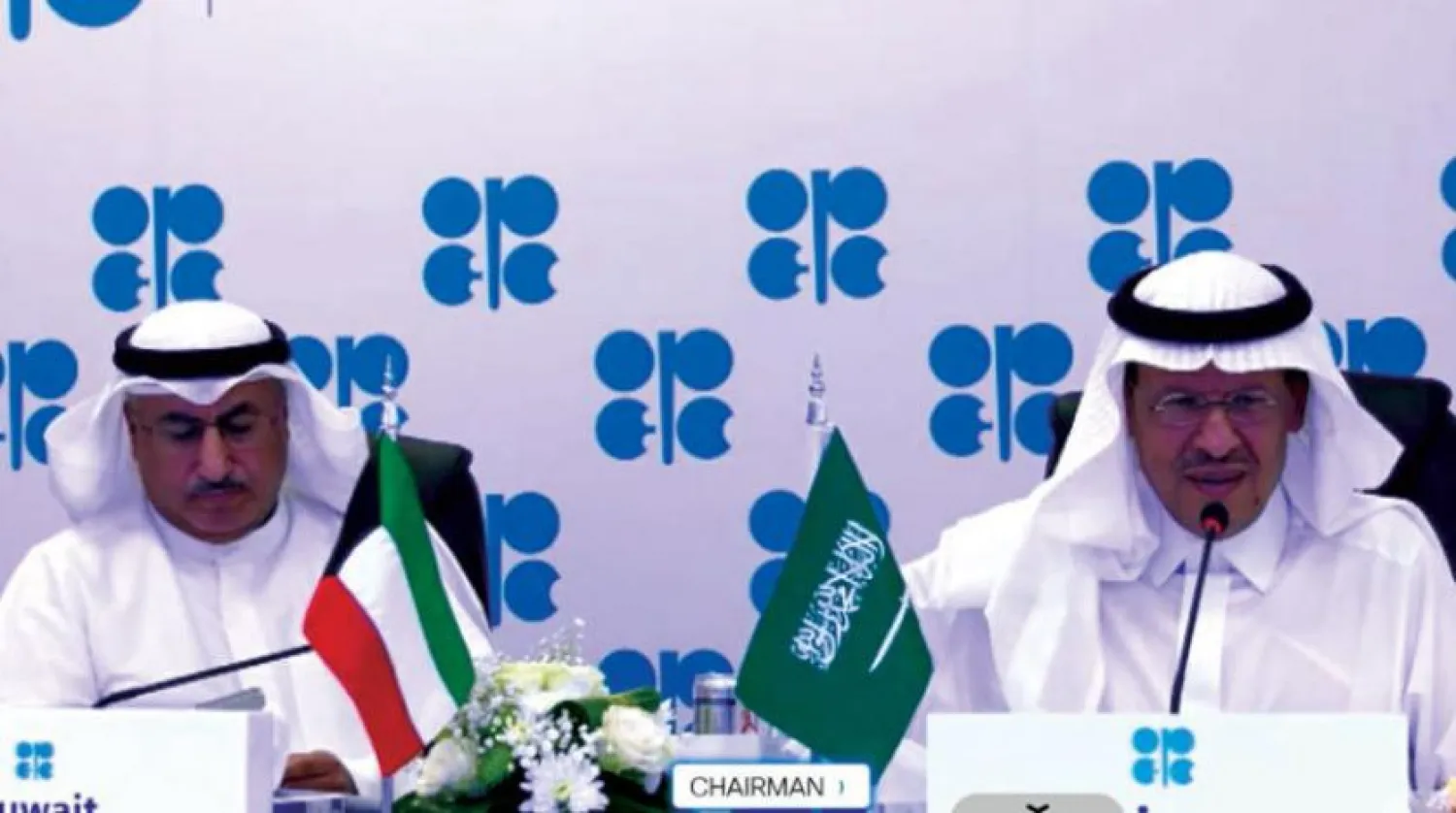OPEC and its allies stuck to their plan to cautiously bring back oil supply to the markets in June and July, but did not mention production plans for August.
The Organization of the Petroleum Exporting Countries and allies (OPEC+) decided in April to return 2.1 million barrels per day (bpd) of supply to the market during May through July as it anticipated increased demand.
Since that decision, oil prices have extended their rally and gained more than 30 percent this year, although the prospect of more crude from Iran, as talks on reviving its nuclear deal make progress, has limited the upside.
On Tuesday, Benchmark Brent crude increased 2.5 percent to hit $71 a barrel, its highest since March. US West Texas Intermediate (WTI) crude futures rose 3.4 percent, to $68.59. Prices rose to their highest since October 2018.
Speaking after an online OPEC+ conference, Saudi Energy Minister Prince Abdulaziz bin Salman said he saw a good recovery in demand in the US and China.
The Minister indicated that the recent market developments confirmed that the decision to gradually increase production, made in April, was “the right decision.”
"The vaccine rollout has gathered pace with around 1.8 billion vaccines administered around the world ... This can only lead to a further rebalancing of the global oil market," he told the online news conference.
However, he warned that he still saw “clouds on the horizon” for the oil market recovery, noting that the Kingdom's oil production in May amounted to 8.482 million bpd.
As for reaching zero carbon emissions, according to the recent report of the International Energy Agency (IEA), the minister said this map is equivalent to being in “la-la land.”
Prior to the OPEC+ meeting, Kuwait's Oil Minister Mohammad al-Fares said oil markets will be able to absorb the gradual output increase decided by OPEC+ that started last May.
Fares expected an increase in oil demand by the second half of the year.
For his part, Russian Deputy Prime Minister Alexander Novak said the global economy is recovering, noting that there are uncertainties in the market.
Novak praised the rollout of the COVID-19 vaccine globally, saying this would increase population mobility, noting that OPEC+ cooperation was beneficial for the global oil market.
Meanwhile, OPEC predicted oil demand to surpass 99 million bpd in the fourth quarter, which would bring it back in the range of pre-pandemic levels.
According to a statement issued Tuesday, OPEC said it expects the average demand for oil in countries outside the Organization for Economic Co-operation and Development (OECD) to increase about 6.8 percent, equivalent to 3.3 million bpd, and approximately 6.4 percent, or 2.7 million bpd in OECD countries.
OPEC Secretary-General Mohammad Barkindo said he did not expect a higher Iranian supply to cause problems.
“We anticipate that the expected return of Iranian production and exports to the global market will occur in an orderly and transparent fashion,” he said in a statement.
Barkindo indicated that the organization’s latest forecast for global GDP growth indicates an expansion of 5.5 percent in 2021, driven by the strong performance expected in the second half.
Beijing and Washington continue to support growth prospects for this year, with the Chinese economy on track to expand by 8.5 percent, and the United States by 6.2 percent, he added.









